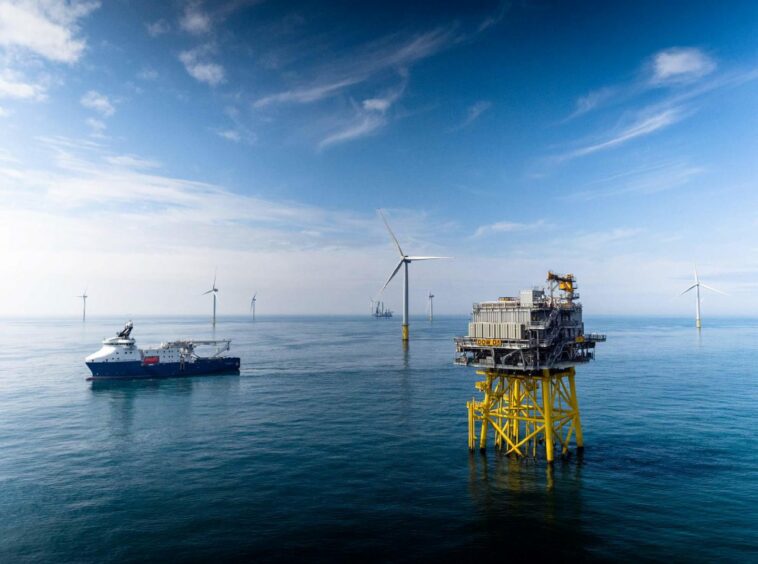
New research has warned that growing uncertainty, driven by rising commodity prices and conflicts, risks undermining the global energy transition.
According to the World Energy Council’s 14th annual World Energy Issues Monitor, there issues are key factors undermining confidence in the global energy industry.
The council spoke with 1,800 energy leaders across more than 100 countries in early 2024, assessing the impact and uncertainty of various energy transition issues.
Commodity prices remained as the highest critical uncertainty together with supply chains, with 34% of European respondents saying that there was high or very uncertainty around them.
Risk to peace was also top of the respondents’ minds as market uncertainty and volatility is exacerbated by the on-going war in Ukraine and instability in the Middle East. Across the world, 33% of respondents said global conflicts were a high or very high uncertainty, increasing to 41% for Europe.
The report pointed to collaboration as a critical design choice amidst an increasingly complex and uncertain landscape. Stakeholders need to focus on engaging more people and diverse communities to form new energy ecosystems and pathfinding, with 50% of the respondents describing it as an area of high/very high impact.
In this complex landscape, the report noted, characterised by the interplay of various energy transition pathways, there is no one-size-fits-all solution. It is vital to prioritise diversity in leadership, foster meaningful dialogues and leverage differences to enable tailored collaboration.
Secretary General and chief executive officer of the World Energy Council Dr Angela Wilkinson said: “While the direction towards zero emissions energy systems is clear, the journey to a sustainable future is fraught with challenges.
“This year’s World Energy Issues Monitor edition reflects global uncertainty about the collective ability to manage clean and inclusive energy transitions at speed and scale. The context of an increasingly fragmented energy leadership landscape and competitive geopolitics is exacerbating uncertainties.”
Recommended for you
